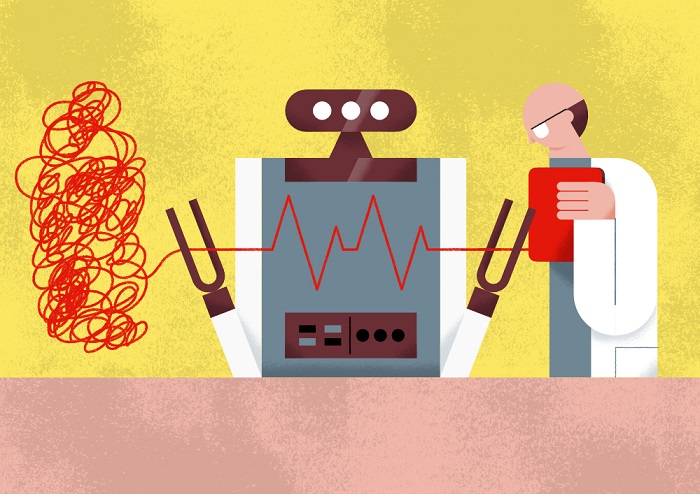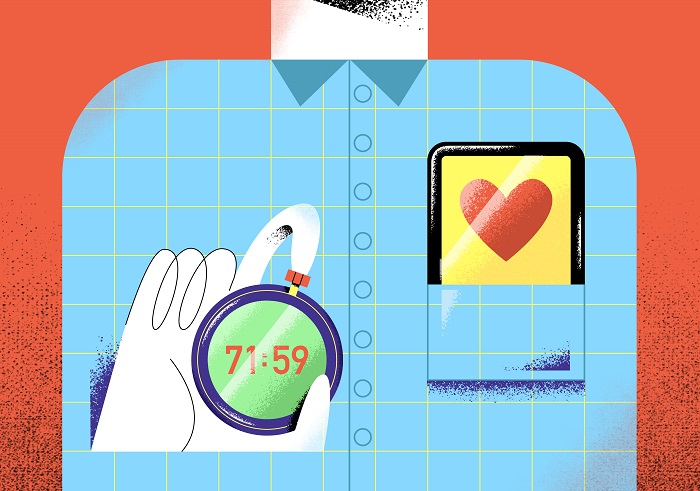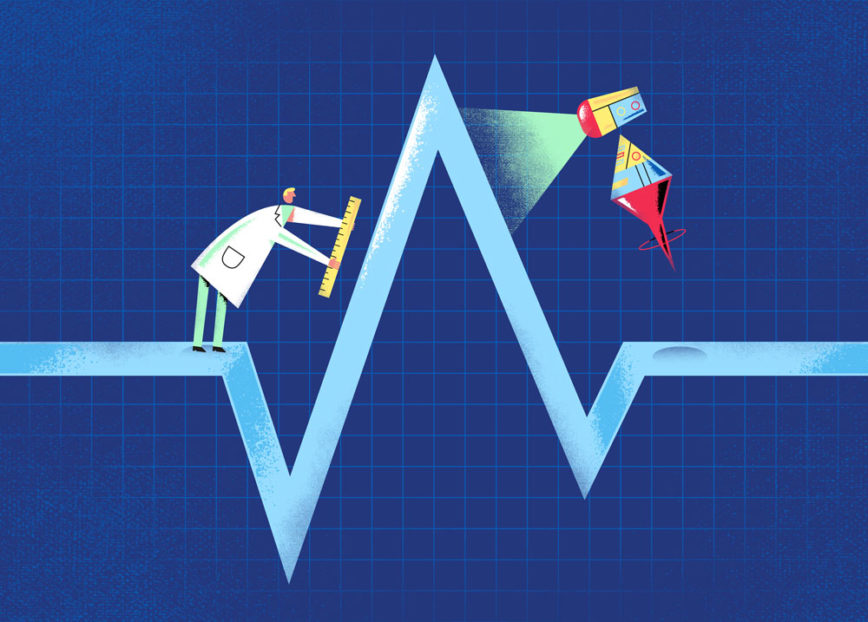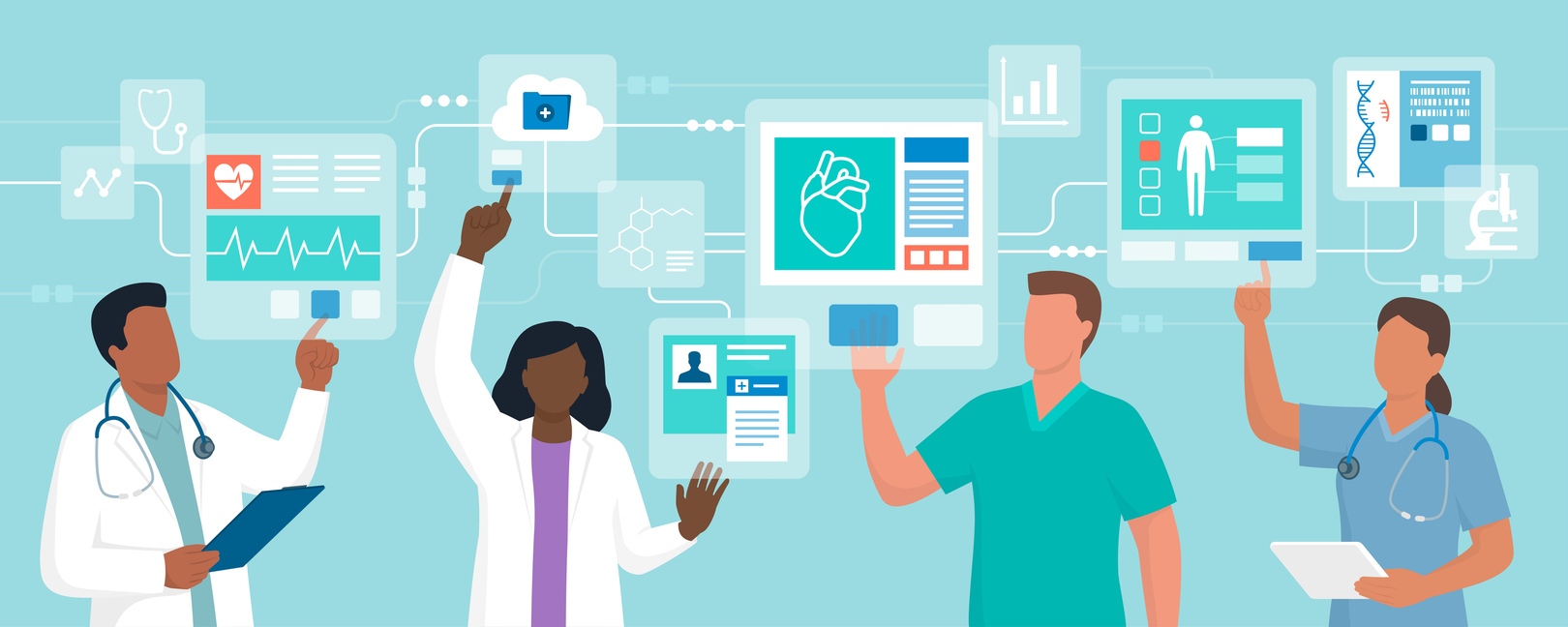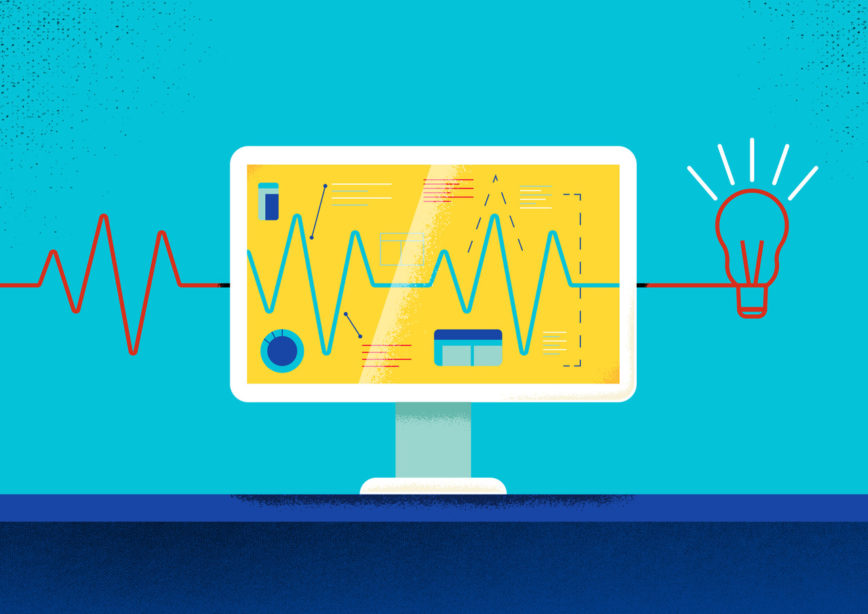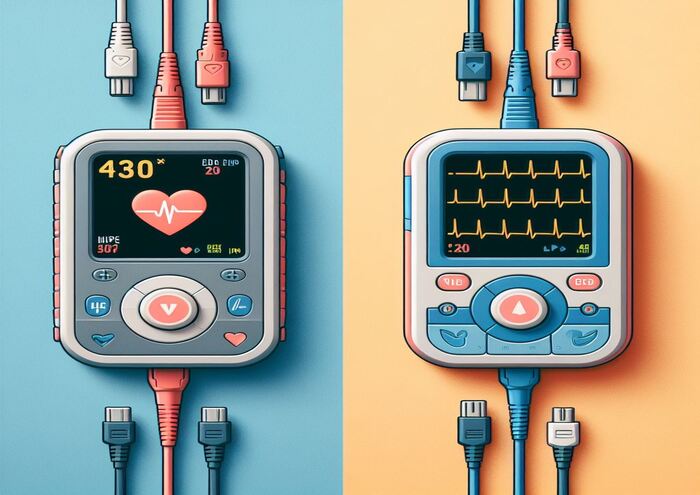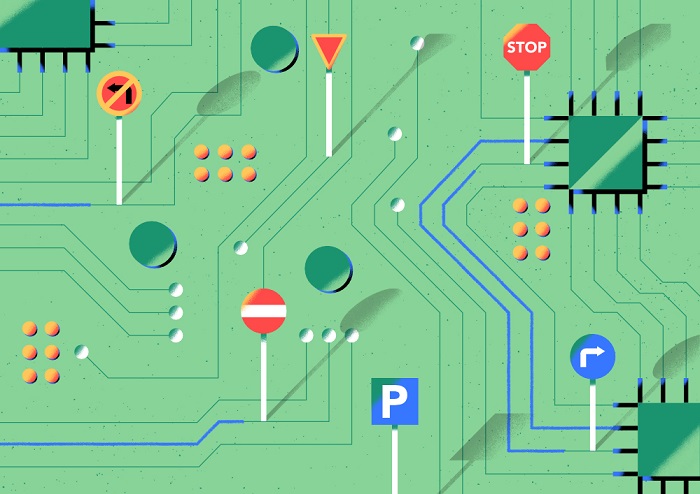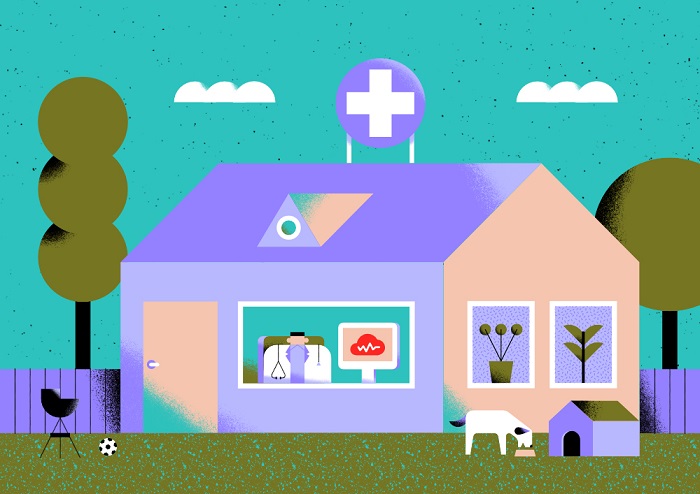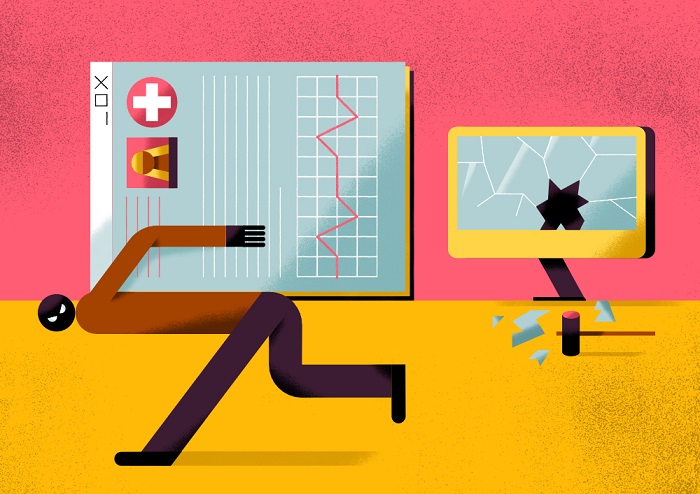Artificial intelligence is rapidly transforming cardiology diagnostics. AI-based analysis of Holter ECG signals enables automated, high-precision detection of conduction disorders, arrhythmias and other cardiac abnormalities, significantly reducing time required for interpretation and supporting clinical decision-making. This raises the question of which AI-powered Holter ECG analysis provider to choose. The decision may be crucial, not only […]
Atrial fibrillation (AF) has long been treated as a binary diagnosis. A patient either has AF or doesn’t. But clinicians increasingly recognize that this all-or-nothing view oversimplifies a complex condition. The amount of AF a person experiences (their AF burden) can make a major difference in risk, symptoms, and management decisions. As the field shifts toward […]
In a world where rapidly developing Artificial Intelligence (AI) is entering more spheres of life, questions about its use are beginning to arise. With ongoing changes in the job market, many employees across various industries—including healthcare—are beginning to feel the impact. One notable shift is the increasing use of AI to analyse medical data and […]
Choosing the right software for your clinics or practice is crucial, especially in the medical field, where efficiency, accuracy, and security are super important! Before starting your searches, preparing a list of must-haves will be helpful in finding a perfect match for your clinic. What should you look for when comparing different Holter software and […]
When choosing a Holter software, it’s crucial to consider the specific needs of your practice. The right software can streamline your workflow, enhance diagnostic accuracy, and improve patient outcomes. Two key dimensions to consider from a product perspective are how the algorithm used for analysis was developed and how the software is deployed. Rule-based vs. […]
Embark on a journey into the forefront of cardiac diagnostics with Cardiomatics, the cutting-edge AI-powered ECG interpretation solution. Experience swift insights into heart health, empowering healthcare professionals to intervene promptly. From sinus rhythm variations to critical arrhythmias, Cardiomatics provides a comprehensive overview of ECG events, ensuring accurate and consistent analysis. Embrace the efficiency of AI to streamline ECG interpretation, revolutionizing patient care outcomes. Uncover the intricacies of cardiac rhythm with Cardiomatics, shaping a future of tailored, proactive, and precise cardiac healthcare.
Maintaining high-quality ECG signals is crucial for accurate diagnosis and monitoring of heart conditions. Factors like electrode placement, patient movement, and external interference can impact signal quality, leading to misinterpretation and false results. Proper electrode placement, patient education, and advanced ECG analysis tools, including AI-powered solutions like Cardiomatics, are essential for improving signal quality and ensuring reliable diagnosis. Advanced technologies such as adaptive digital filters and AI algorithms further enhance signal quality by reducing noise and artifacts.
ECG patches and cable holter monitors are two main types of devices for long-term ECG monitoring. Patches, with their convenience and waterproof design, are dominating the market and experiencing rapid growth in usage. However, cable holters still offer specific features making them preferable for certain clinical scenarios. Find out more and discover key insights from our unique dataset comprising several hundreds of thousands of ECG recordings from a range of devices.
Unlocking the potential of AI in healthcare, Cardiomatics adheres to stringent quality standards and regulations, ensuring patient privacy and data security. Through meticulous data preparation and continuous model assessment, we pioneer the development and implementation of AI-based prediction models in cardiology. Join us in revolutionizing healthcare and explore career opportunities with our dynamic team!
During the pandemic, many medical professionals shifted to remote work, facing challenges accessing necessary tools located in hospitals and clinics. Recognizing this need, organizations like the AMA and AHA praised telemedicine as a powerful solution. Cloud-based technologies and telehealth services support remote work for physicians, facilitating tasks like patient monitoring.
Remote healthcare extends to patients as well, with telemedicine enabling remote diagnosis and monitoring. Cardiomatics offers a solution for cardiology, allowing doctors to analyze ECGs anytime, anywhere, with precision and efficiency.
With solutions like Cardiomatics, both healthcare workers and patients can access quality care remotely.
Cardiac resynchronization therapy (CRT) holds promise for heart failure patients, but not all respond equally. Collaborating with the Medical University of Warsaw, we developed an AI algorithm to detect ineffective CRT pacing, potentially improving patient care. Our study involving 541 patients showed high sensitivity and precision in identifying effective CRT stimulation. Published in the Journal of Cardiovascular Development and Disease, our findings offer promising implications for optimizing CRT settings and enhancing patient outcomes.
With healthcare technology advancing, cybersecurity is crucial to safeguard patient data from cyber threats. The EARS framework offers strategies for managing cyber incidents effectively, while cloud-based solutions like Cardiomatics provide secure data storage and monitoring. Organizations must prioritize cybersecurity to protect against evolving threats in the healthcare sector.

